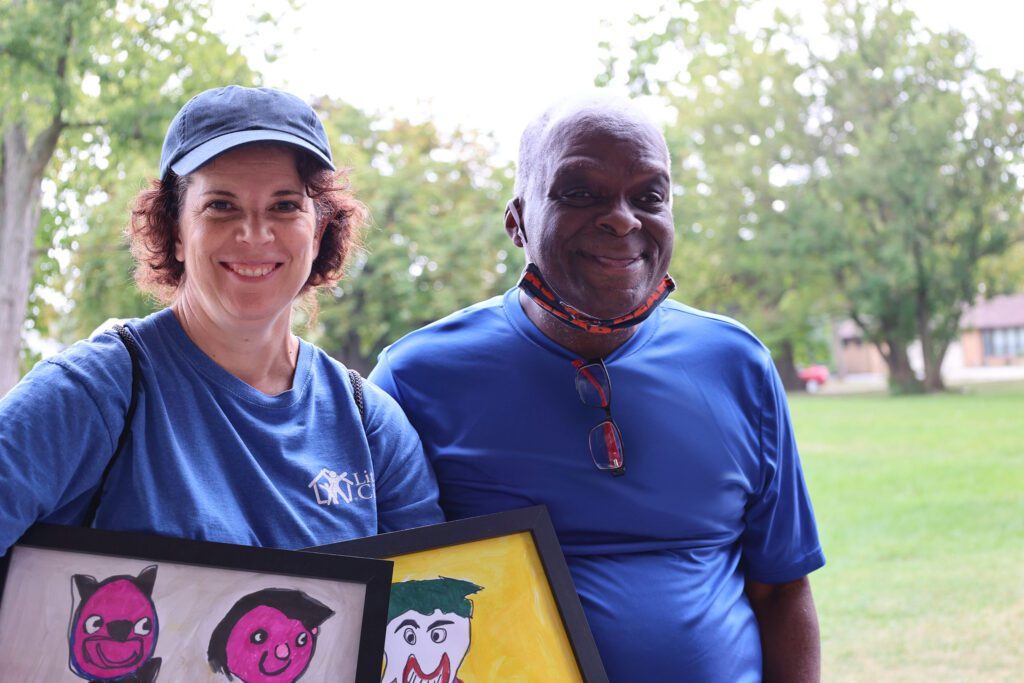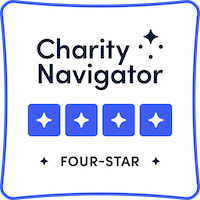Every nonprofit has a different definition of success, whether it’s in terms of numbers or the qualitative changes they see in the lives of the people they serve. At Little City, success comes in many forms, and all of them are important to the work we do every day to serve individuals with intellectual and developmental disabilities. Here are just a few of the ways we define success in our work.
Client Outcomes
When looking at our clients’ progress, success looks like increasing independence in daily living skills, functional skills, social skills, communication skills, motor skills, social and emotional skills, academic skills, etc. It also means decreasing maladaptive or challenging behaviors. Small successes could be anything from a student sitting to engage in work for five minutes to an adult client being able to independently navigate their daily schedule. We celebrate all successes for people with intellectual and developmental disabilities here at Little City.
Employee Performance
Success is when employees are able to help enhance the learning of people with intellectual and developmental disabilities and advocate for them while teaching them how to advocate for themselves. It is also when employees are able to do their job with efficiency, positivity and passion. These successes are key for any career in disability services.
Organizational Culture
Working together as a team is a big part of working at Little City. Success is when we have an efficient and positive team that can communicate effectively with each other while understanding the people with intellectual and developmental disabilities we serve. When staff are trained to understand this population and are confident in their abilities because of their training, they are able to be people-centered and work on engaging with our continuum of care. Success also looks like people stepping up and helping each other out.
Personal Growth
The clearest instance of success when it comes to growth is when people are able to move up in the agency and grow within their career, but success can also be defined as employees mastering a goal that was set by themselves or their supervisors. Personal growth is important at Little City, and we want to make sure that our employees feel their importance and prioritize their own goals within their careers in disability services as well.
Greater Community Impact
Success would be continuing to make connections and partnerships throughout the community. The people we serve are successful when they are able to go out in the community and hold some sort of support employment or volunteer work. They also may engage in community-based instruction and positively interact with the community while learning.
How is success measured?
These successes are measured by staff evaluations, when/how often are we going out into the community, how many community partners are touring Little City, and, in school settings, Individualized Education Program (IEP) goals being met. These successes can be measured by qualitative and quantitative data.
Success feels different to everyone, but there are common goals we can all work toward as a team to make sure that it’s being achieved by everyone. If you’re interested in setting yourself up for success through a career in disability services, see our job openings at https://littlecity.org/careers/



